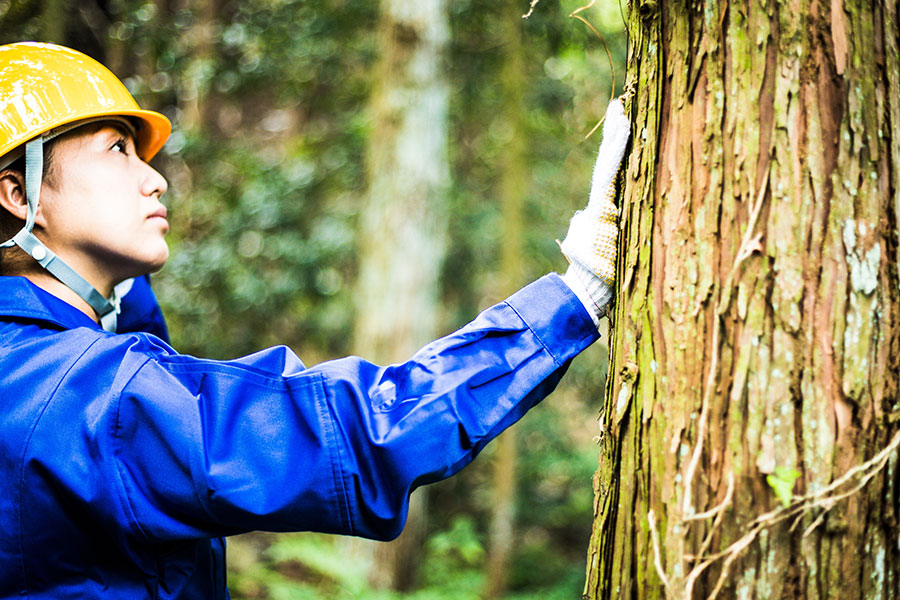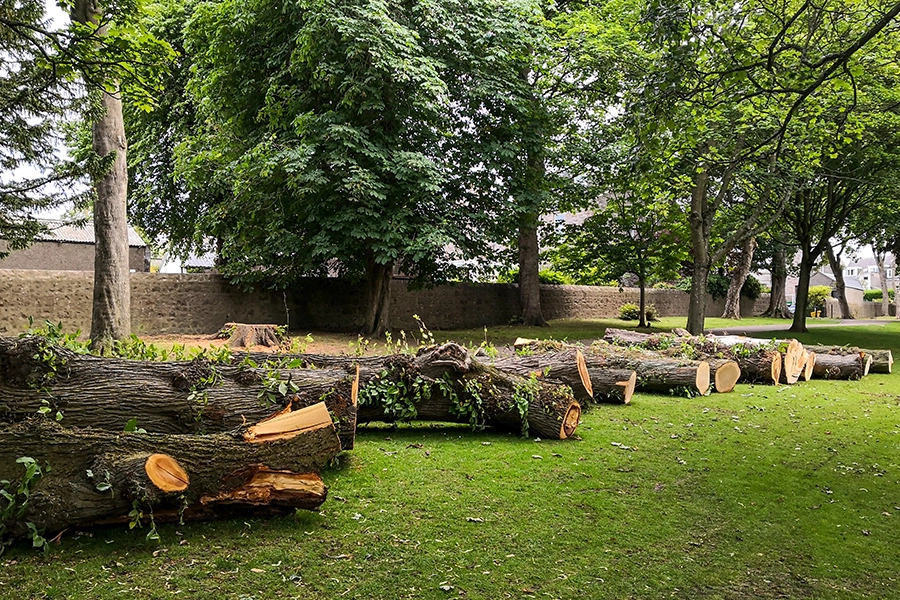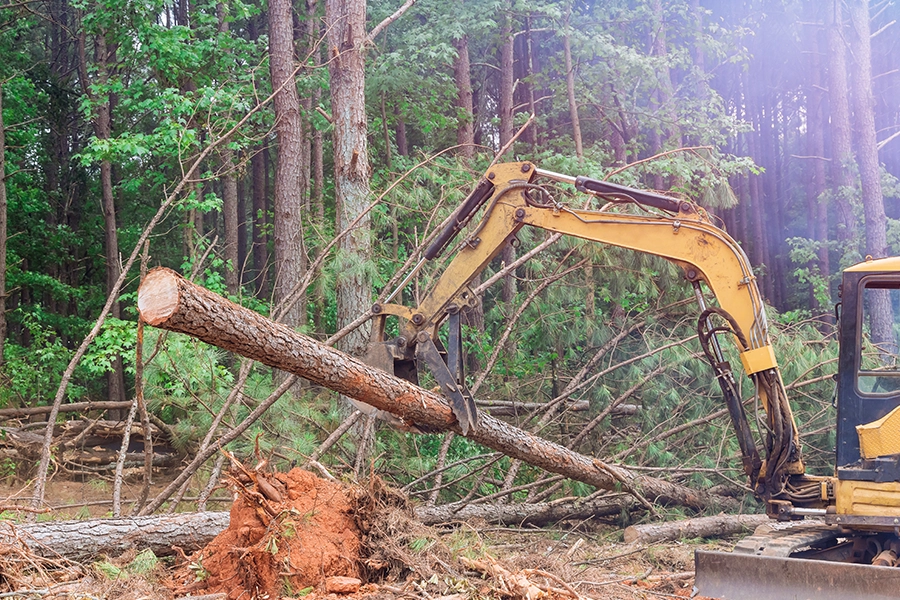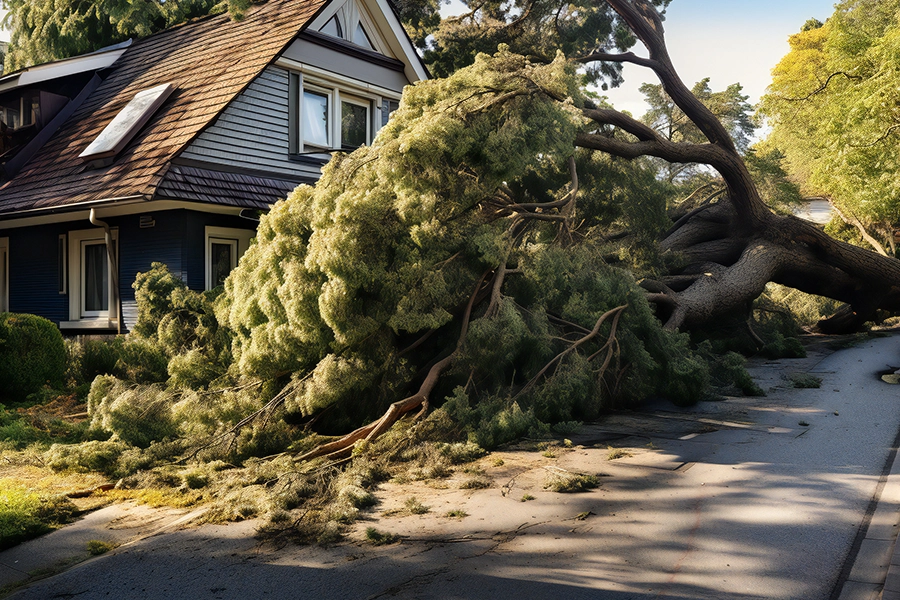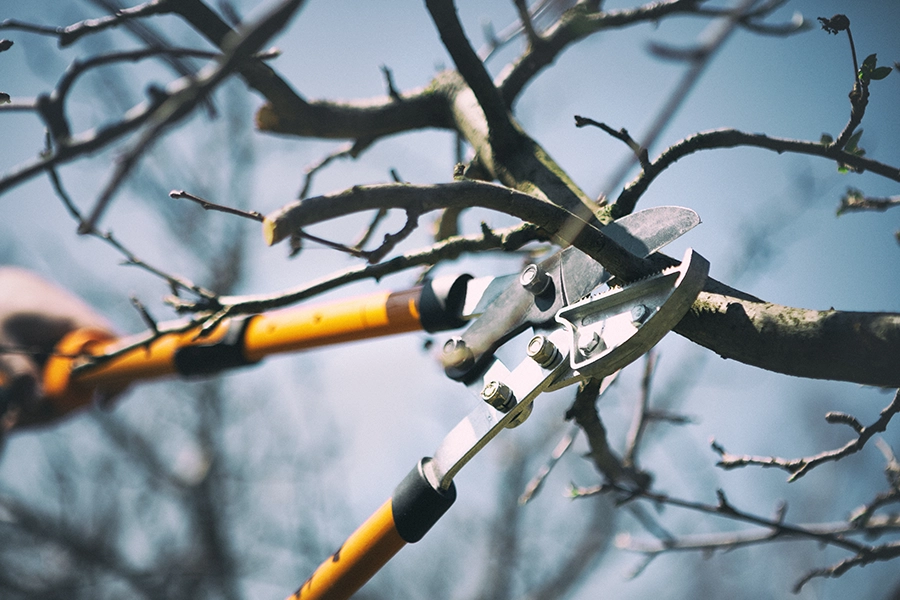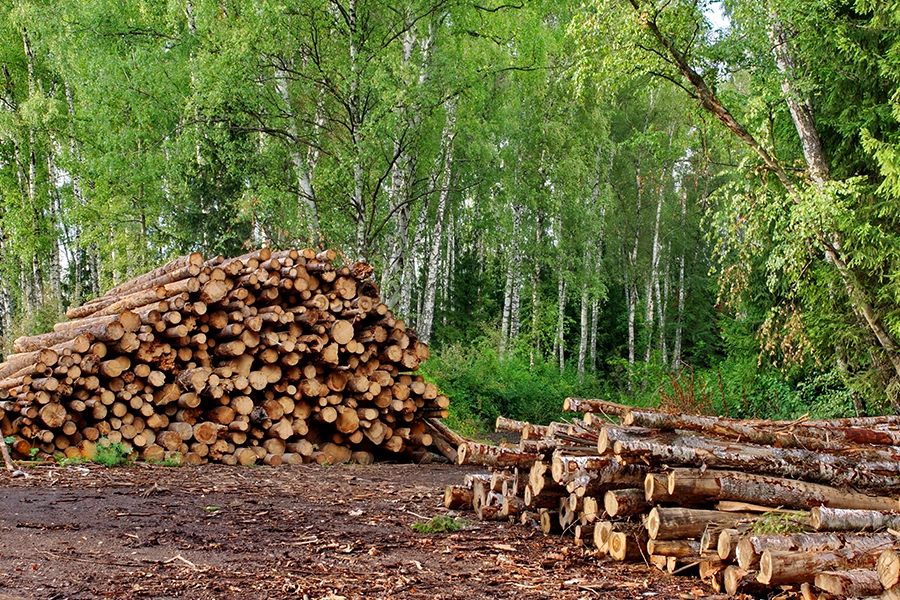Trees are an important part of any landscape, providing shade, oxygen, and beauty to the environment. However, like any other living organism, they can suffer from decay and disease, which can lead to their decline and even death. In Madison County, IL, homeowners should be aware of the common signs of decay in trees and take appropriate measures to treat them. This article will outline the most common signs of decay, explain what to look for, and suggest treatments for each problem. You can trust the expert advice of our qualified arborists at A Unlimited Tree Service, a family-owned business that’s been providing professional tree maintenance and specialized treatment for over 25 years.
Dead Wood
The first sign of decay to look for is dead wood. Dead wood is wood that has lost its bark and shows no signs of new growth. This symptom can result from disease, insect infestation, or injury. Dead wood is a hazard because it can fall anytime and cause damage or injury. For treating dead wood, it is recommended to prune the dead branches or hire a professional tree service like A-Unlimited Tree Service to remove them safely.
Cavities or Hollows
The second sign of decay is cavities or hollows in the tree trunk or branches. Cavities can be caused by decay, disease, or injury. These hollows weaken the tree’s structure, making it more susceptible to wind and storm damage. If you notice a cavity in your tree, it is recommended to call a professional tree service for a consultation. They may recommend filling the cavity with concrete or installing cables or braces to support the tree’s structure.
Fungal Growth
The third sign of decay is fungal growth on the tree trunk or branches. Fungal growth can be caused by decay or disease, weakening the tree’s structure. If you notice a fungal growth on your tree, it is recommended to call a professional tree service to come to your residence to inspect your tree. They may recommend pruning the affected branches or treating the tree with fungicides. Contact our team today for a tree risk assessment.
Leaning Tree
The fourth sign of decay is a tree that leans to one side. A tree that leans to one side can result from decay or root damage. Leaning trees are hazardous because they can fall anytime and cause damage or injury. If you notice a tree that leans to one side, it is recommended to call a professional tree service to investigate further and determine the appropriate action. They may recommend removing the tree or installing cables or braces to support the tree’s structure.
Thinning Canopy or Sparse Foliage
The fifth sign of decay is a tree with a thinning canopy or sparse foliage resulting from disease, insect infestation, or root damage. A tree with a thinning canopy or sparse foliage is not only unattractive but also weak and more susceptible to wind and storm damage. To treat this problem, we recommend contacting a professional tree service like A-Unlimited Tree Service for a consultation. They may recommend treating the tree with insecticides/fungicides or pruning the affected branches.
Put Your Trust in Our Professionals
In conclusion, homeowners in Madison County, IL, should be aware of the common signs of decay in trees and take appropriate measures to treat them. Dead wood, cavities or hollows, fungal growth, a tree that leans to one side, and a thinning canopy are all signs of decay that require attention. Homeowners can hire a professional tree service like A-Unlimited Tree Service to remove dead branches safely, fill cavities with concrete or install cables or braces to support the tree’s structure, treat the tree with fungicides or insecticides, or remove the tree altogether. Taking care of your trees not only preserves the beauty of your landscape but also ensures the safety of your property and loved ones. Call 618.667.9885 when you’re ready to invest in professional tree care.

